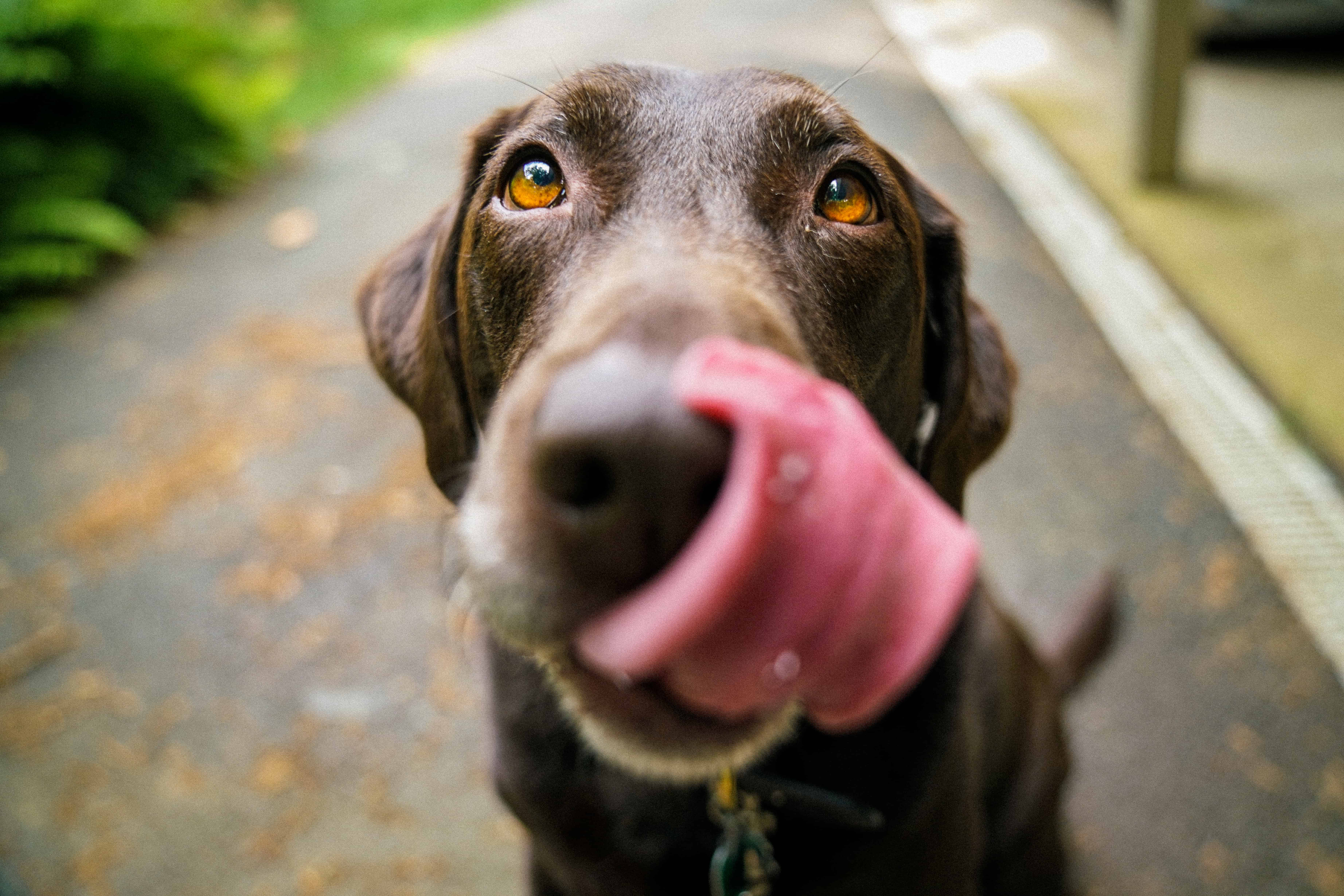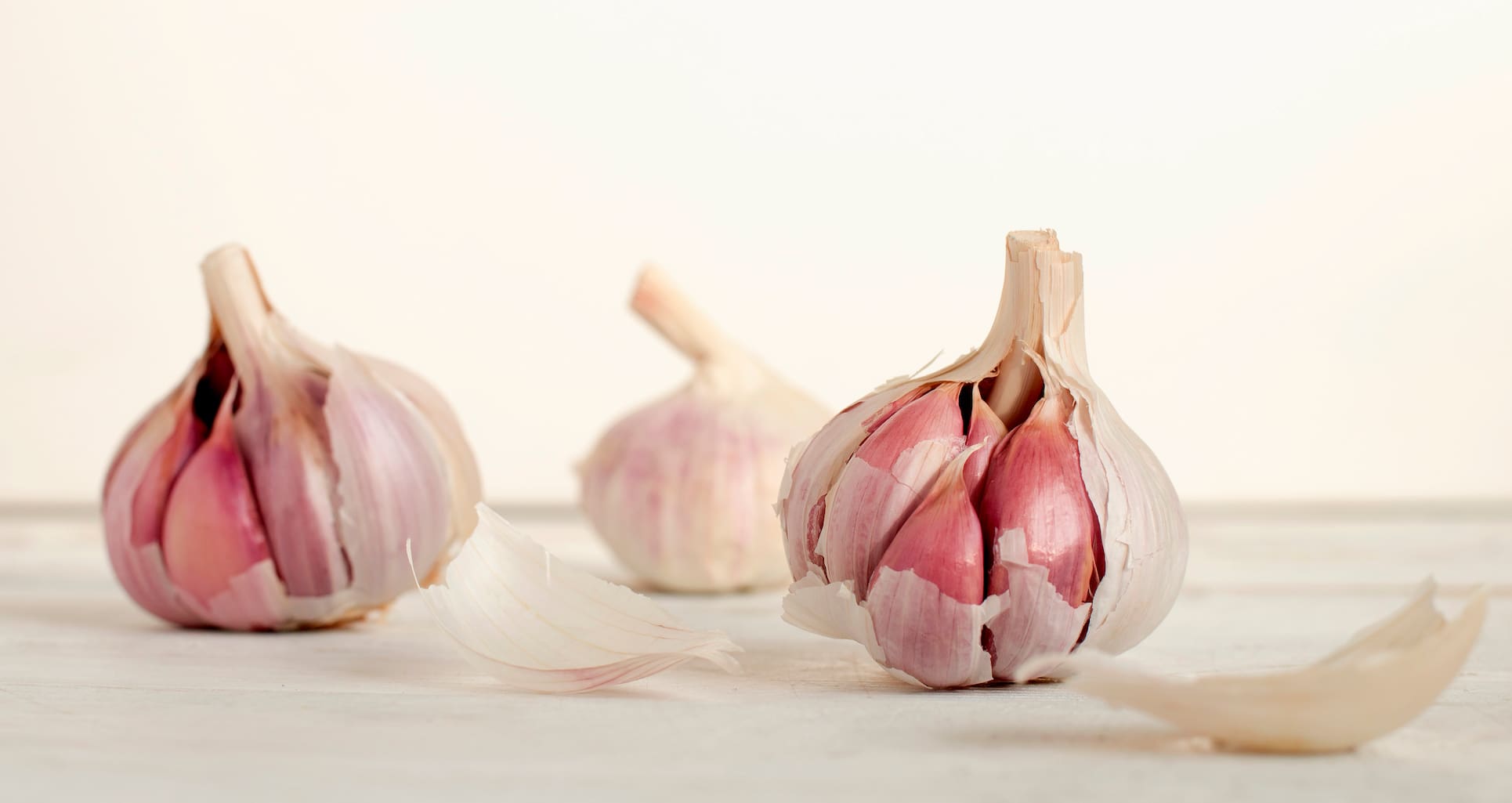Summary:
Your life is certainly missing a lot of love and joy if you don’t have a dog in your life. There’s a reason why they have the reputation of being man’s best friend! The catch is that it’s pretty much like having a baby for the rest of your life! You really have to be careful with a lot of the details, especially when it comes to what they eat. If you have a dog, you know just how much they take any opportunity to eat or lick anything in front of them. You could be finishing your plate, and your dog takes that as a sign to do the cleaning for you without caring what was on it. However, it’s your job to discipline your dog when they try to snag a bite of what you’re having, especially if it’s something that can harm their health like these foods:

1. Chocolate
Just because your pup is giving you those innocent and irresistible puppy eyes, doesn’t mean that you should give in. Chocolate is one of those foods that your dog will really try to get a piece of, but you should never ever give in. This one goes at the top of the list because it’s quite easy to assume that your furry friend will love this sweet treat as much as you do. Many people think the fact that dogs can’t eat chocolate is just an urban legend or a saying passed down and that dogs can handle it. However, chocolate contains a substance called methylxanthines that is highly toxic to dogs. The slightest amount digested by a dog can cause vomiting and diarrhea.
2. Grapes and Raisins
It’s difficult to tell what kind of fruits are okay for animals, and this is why it’s so important that you get all the information down before you end up in a serious situation. Another fact many dog owners don’t know about is that one grape or a raisin can be extremely dangerous to your dog. Science has yet to figure out what substance, specifically in grapes, causes such a reaction when consumed by dogs. However, dogs can develop severe diarrhea and lethargy, kidneys shut down, and eventually death by eating them. Raisins are, of course, just shriveled-up grapes, so they have the same effect.
3. Raw and Uncooked Meats
Yes, we’ve always seen in cartoons how dogs drool over the sight of a raw piece of steak or chicken and devouring it. However, there are many risks involved, and if your dog ate raw chicken, you should get him to the vet to get checked right away since it has bacteria, such as E. coli and Salmonella. The same goes for raw fish; it all has bacteria that are only removed when washed and cooked properly. Eating raw meat can cause your dog to suffer from abdominal pain, vomiting, bloody diarrhea, and more. So don’t be lazy and give the meat a spin on the flames before feeding it to your dog. The fact of the matter is, these days there are so many chemicals in our meats that it’s just simply not a good idea to go down that route at all. It’s imperative that you cook their food well so that you can ensure that any harmful substances are gone.
4. Onions and Garlic
Other items humans enjoy in their food that just doesn’t agree with dogs are onion and garlic. It makes our food taste and smells amazing, but it’s a one-way ticket to anemia for dogs. Onions and garlic are from the allium plant family which destroy dog’s red blood cells, causing anemia. It can also cause gastrointestinal irritation, vomiting, breathlessness, loss of appetite, and overall weakness. This is a tricky one, especially if you like to feed your dog bits and pieces from your own meal, so it’s important that you just set some rules from the get-go to avoid any disasters. They should have their own food that you cook yourself or that you buy for them specifically, and don’t let them eat from yours. It’s for their own good!

When you get a beautiful pup to become the latest member of your family, it’s important for you to make sure that you have all the information you need for their care. These are some of the main foods you should never give to your dog in any circumstances. Don’t think, “Oh, it’s only one lick or bite, it won’t do any harm,” it’s just not worth the risk. There are many other foods not to be consumed by dogs, and you need to research so you can keep your best companion healthy and safe. If your dog consumes any of these foods, you need to immediately go to your vet or call animal poisoning control to take the necessary action.
